9 Surprising ginger benefits you should know about
Curious about ginger benefits? Learn about 9 health benefits of ginger, why you need it, and how to add it to your daily routine.
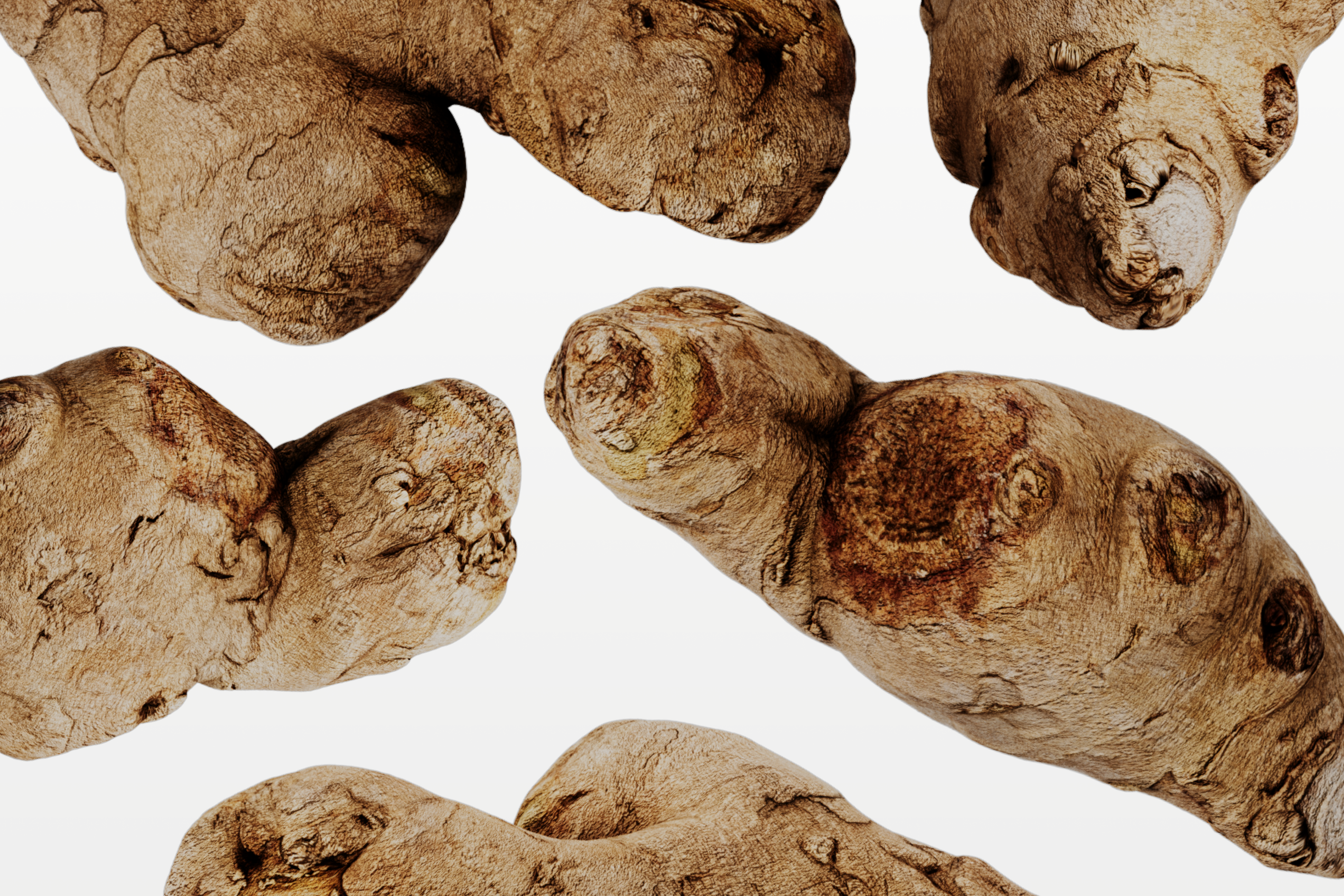
Ginger is an Asian flowering plant and superfood long used for its medicinal properties. The ginger roots are commonly used in foods and teas, dried into a packaged spice, or concentrated into convenient powder and supplement forms.
Did you know that there are several health benefits of ginger grounded in science? Once you dig below the brown layer of skin, ginger’s anti-inflammatory, anti-aging, antioxidant, and immune-boosting properties are revealed for all to see.
Learn 9 ginger benefits and how to get in your daily dose of this superfood.
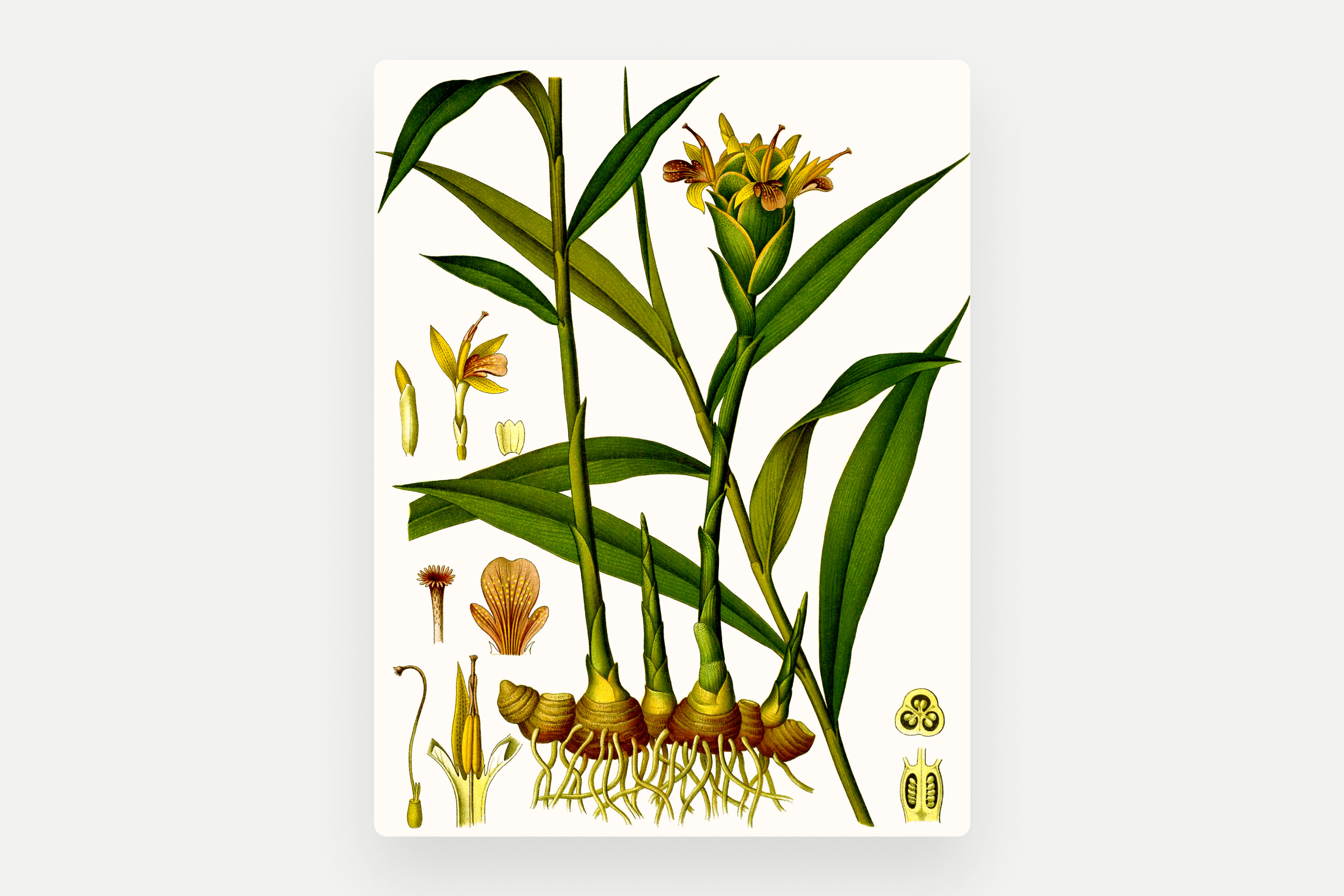
Zingiber officinale
Origin of ginger
The origin of ginger dates back over 5000 years ago in Southeast Asia. It is more formerly known as Inger (Zingiber officinale), a flowering plant whose rhizome (underground stem) has been widely used in traditional folk medicine.
Ginger is closely related to other warm spices such as turmeric, cardamom, and galangal. It has similar uses and health advantages to this close-knit family of spices.
9 Benefits of ginger
Ginger packs several impressive health advantages. The secret to its success is thought to be attributed to its primary oil called gingerol, a medicinal oil with powerful health-promoting properties. Here are 9 of the top ginger health benefits.

1. Reduces inflammation
Chronic inflammation is one of the underlying causes of age-related health conditions, including those involving the heart, digestive system, and the brain. One of the top benefits of ginger include is its ability to reduce inflammation in the body.[1]
Ginger has over 400 bioactive compounds including gingerols, shogaols, paradols, and zingerone. Research suggests that these compounds have strong anti-inflammatory and antioxidant activity, which lend themselves to ginger's healing properties.[2]
Research shows that there may be a benefit to supplementing with ginger for many inflammatory conditions including arthritis, inflammatory bowel diseases, lupus, psoriasis, and some forms of cancer.[3]

2. Boosts the immune system
It is a common remedy to drink ginger tea for a cold - and for good reason. Ginger has powerful antiviral and antibacterial properties and, therefore, may enhance the immune response.
Ginger is rich in antioxidants called gingerols which are responsible for keeping your immune system strong. For example, one study showed ginger had antiviral effects against a common virus called HRSV and helped boost the immune response against it.[4]
Ginger has also been seen to inhibit infection-causing bacteria in the body. This includes bacteria that cause tooth and gum diseases such as gingivitis and periodontitis.[5]

3. Decreases joint pain
As a natural anti-inflammatory, ginger has the ability to reduce joint pain and stiffness in people with osteoarthritis. One research review found those using ginger experienced significantly less joint tightness and pain, especially in their knees.[6]
If you suffer from joint pain, an anti-inflammatory agent like ginger may provide some relief.

4. Improves digestion
Ginger's ability to soothe an upset stomach is perhaps one of its best-known health benefits. It’s been used for centuries to help with nausea, bloating, and gas. Modern-day science shows that this natural remedy is great for soothing the digestive system.
Ginger has been shown to decrease nausea and speed up stomach emptying, which can help relieve indigestion and other stomach problems.[7]

5. Help with morning sickness
Ginger is commonly used to manage nausea for many causes, but especially in morning sickness. Several studies have shown that it is a safe and effective antiemetic.
In addition to helping with the symptoms of morning sickness, studies show that it may be helpful in reducing nausea and vomiting associated with hyperemesis gravidarum, a condition characterized by severe nausea and vomiting in pregnant women.[8]

6. Protects the heart
Research has shown ginger’s potential to lower markers of oxidative stress, which can promote a healthy heart.
Oxidative stress is stress in the body that occurs from an imbalance of damaging free radicals and health-promoting antioxidants. This type of stress is a precursor to a host of health problems including diabetes, heart disease, neurodegenerative conditions, and cancer.[9]
Ginger is particularly high in antioxidants and, which may lower the molecules that can contribute to oxidative stress. This is a possible way ginger can reduce risk factors for heart disease.
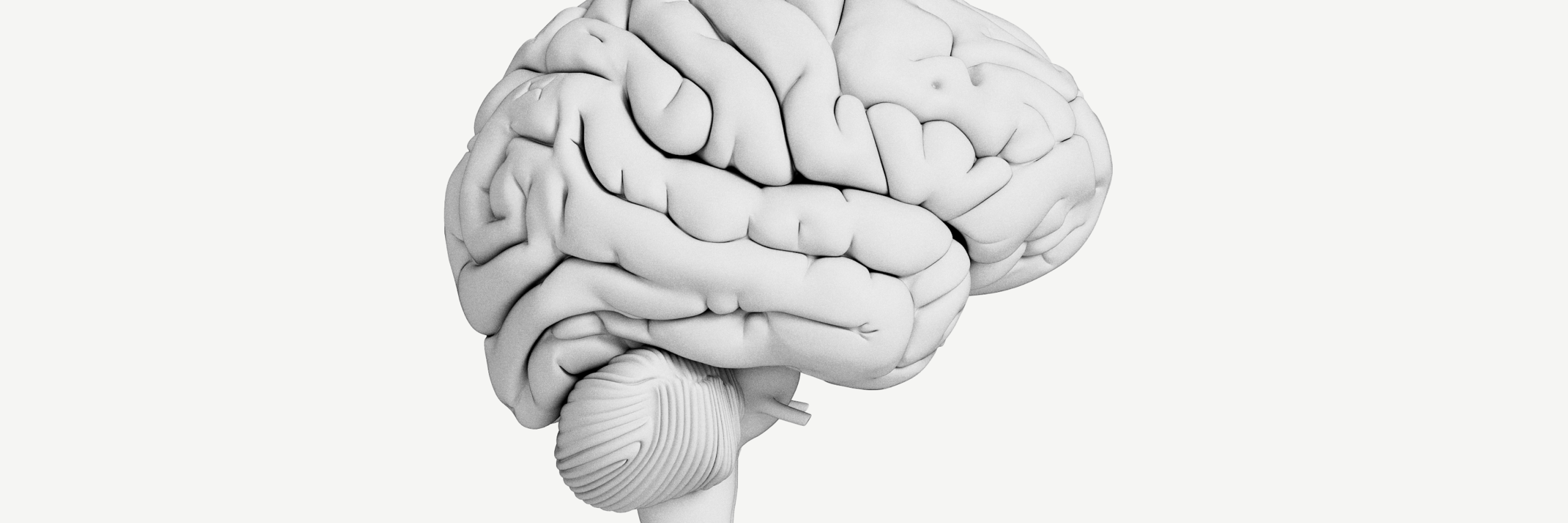
7. Healthy brain function and memory
Oxidative stress, cell damage, and chronic inflammation can speed up the aging process in the brain. Animal studies have shown certain compounds in ginger can decrease inflammation in the brain that can cause this.
One study in middle-aged women also showed those taking a standardized extract of ginger had improved reaction time and working memory. It also can protect against what may feel like an inevitable age-related decline in brain function.[10]

8. Relieves menstrual cramps
Menstrual pain is no picnic, and it can be difficult to find ways to relieve it naturally. Ginger has the ability to reduce menstrual pain, especially in the first 3 days of the cycle. In a head-to-head study, ginger was as effective as ibuprofen in reducing pain associated with menstrual cramps.[11]

9. Supports healthy blood sugar
Controlling your blood sugar with diabetes is not always an easy feat. In addition to a healthy diet, exercise, and medication regimen, ginger may help tip your blood sugar in the right direction.
In one study, those taking 2 grams of a ginger powder supplement per day saw a 12% reduction in their fasting blood sugar. It also reduced hemoglobin A1c levels by 10%, a more long-term marker of your blood sugar levels.[12]
What is the best form to consume ginger?
You can consume ginger in several ways. The most common ways are consuming raw ginger, ginger tea, oil, powder, and supplement forms.
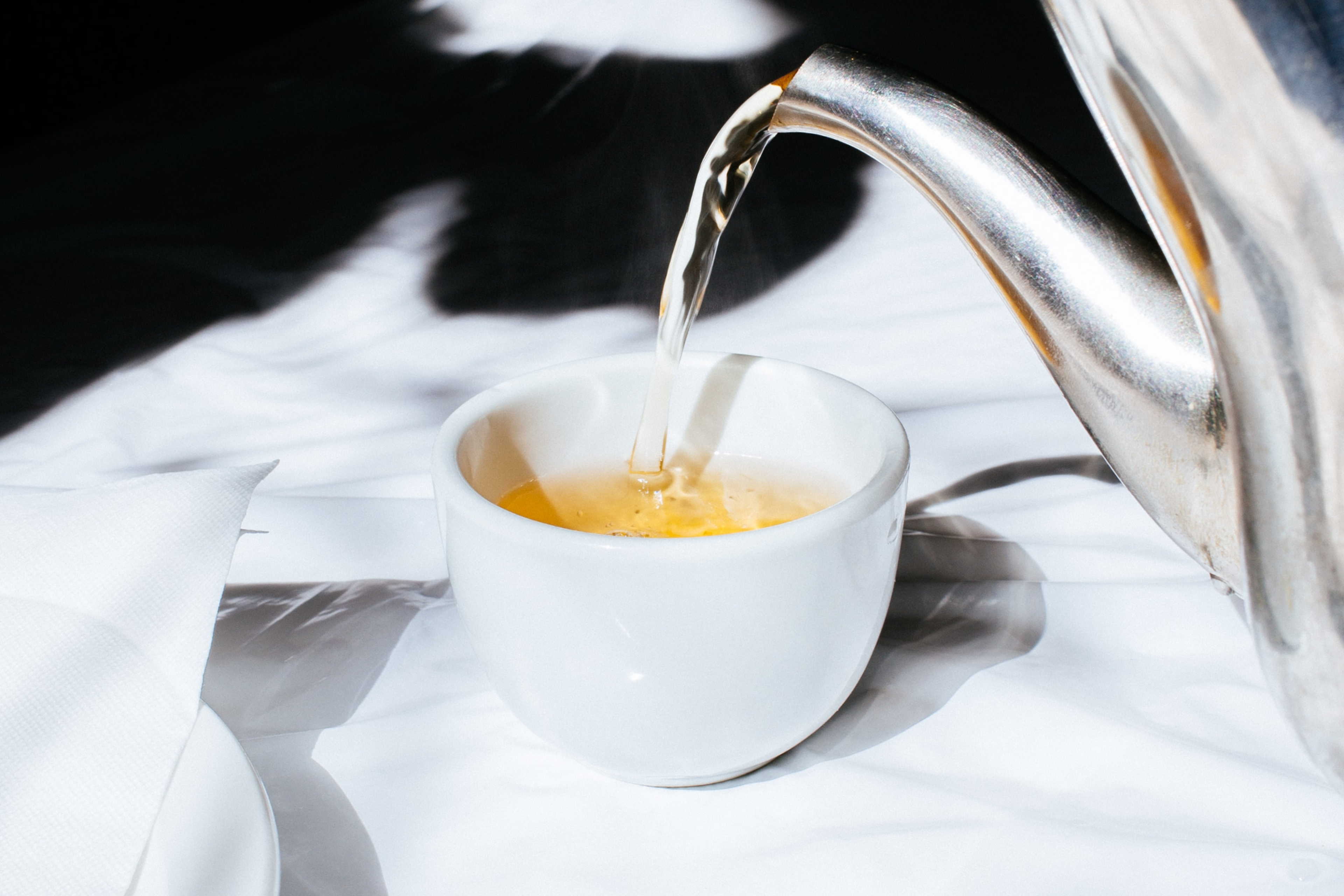
Ginger tea
Brewing tea with ginger is a popular method to enjoy the benefits of ginger. It’s simply made by steeping ginger in boiling water, and it can be a flavorful way to get your ginger fix.
To minimize the risk of side effects like nausea and heartburn, consume ginger tea in moderation. Based on most studies, up to 1000 mg of ginger per day is considered safe, although the FDA says it’s safe to consume up to 4000 mg.
If you want to play it on the safe side, stick to up to 4 cups of ginger tea per day, which is equal to about 1000 mg of ginger.[13]
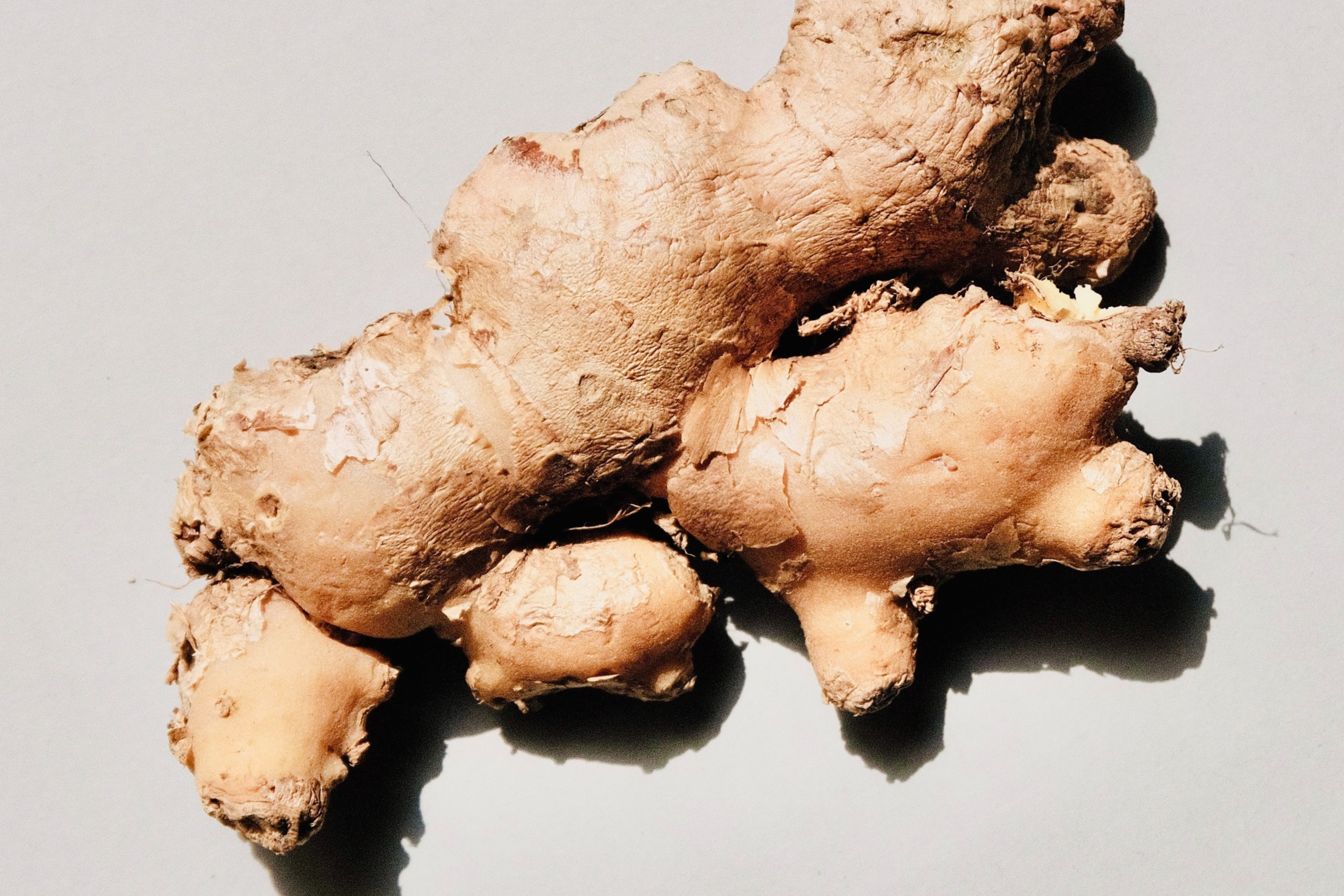
Raw ginger
The benefits of raw ginger are that it can be easily added to food, whether fresh or dried. It can be added to stir-fries, sprinkled into a soup or your favorite smoothie, or infused into dressings and desserts.
Raw ginger can have a potent flavor that some people aren’t a fan of. In this case, dried ginger may be preferred.
And while rare, raw ginger may cause digestive side effects in some people such as abdominal discomfort, diarrhea, nausea, and heartburn.[14]

Ginger oil
It is also available as ginger oil, derived from the underground stem of the ginger plant and distilled. Compared to the other ginger forms, ginger oil has a distinct aroma described as warm and spicy, and is very concentrated.
It is different from the other forms in that it is not taken as food, but used topically for skin and hair, as steam inhalation, or in a diffuser to add a nice scent to your room.
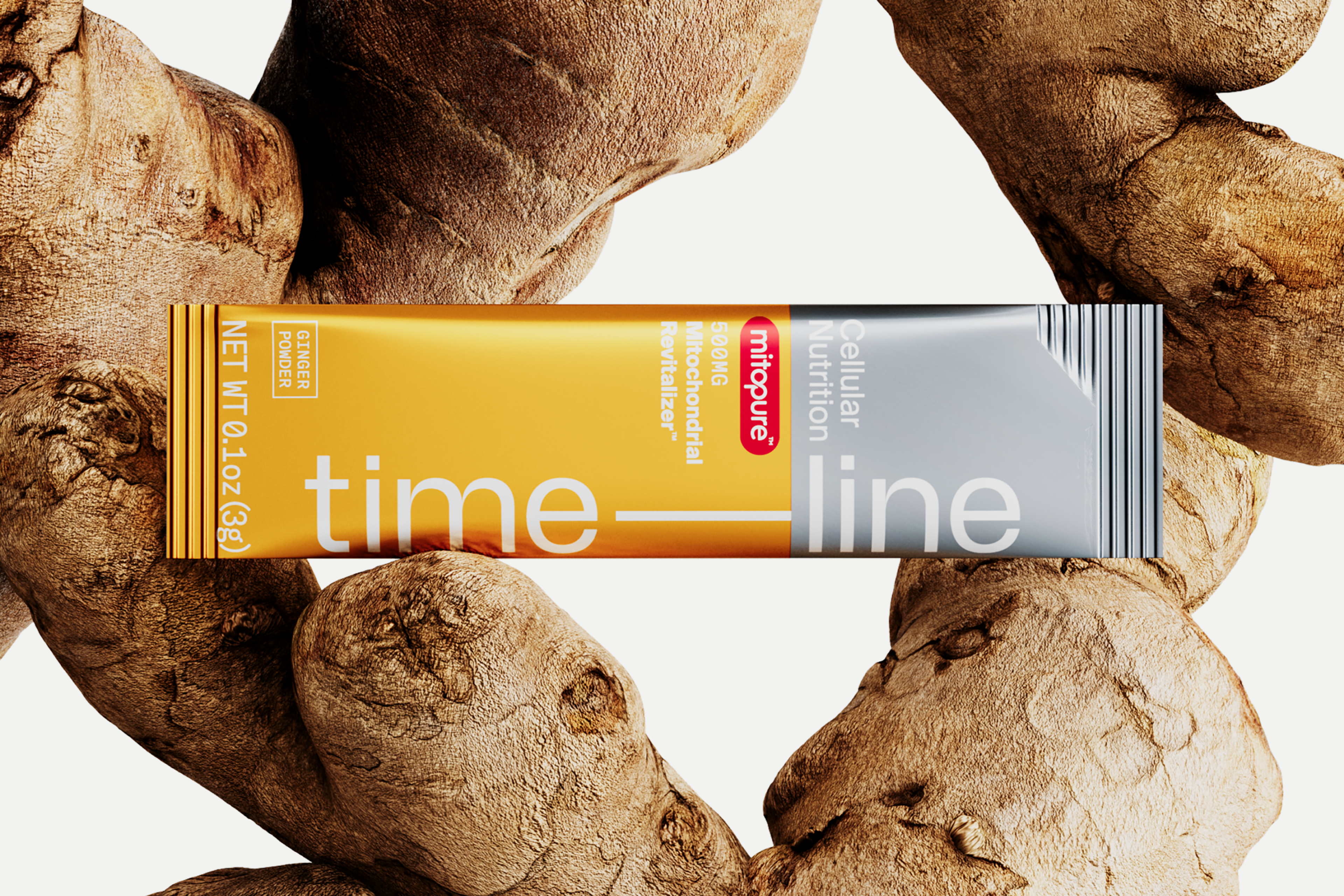
Ginger supplements
In addition to ginger food sources, it is also available in a convenient supplement form, such as a powder or pill.
How to add ginger to your daily routine
Ginger health benefits are widespread, as they are loaded with valuable ingredients for health. To get your daily ginger dose, incorporate it into your food and drinks or take a quality ginger powder supplement to fill in any diet gaps.
Enjoy fresh or dried ginger in chicken dishes, soups, tea, or desserts.
Authors

Writter
Dietitian-Nutritionist, and Health Content Writer
References
- ↑
Minihane AM, Vinoy S, Russell WR, Baka A, Roche HM, Tuohy KM, Teeling JL, Blaak EE, Fenech M, Vauzour D, McArdle HJ, Kremer BH, Sterkman L, Vafeiadou K, Benedetti MM, Williams CM, Calder PC. Low-grade inflammation, diet composition and health: current research evidence and its translation. Br J Nutr. 2015 Oct 14;114(7):999-1012. doi: 10.1017/S0007114515002093. Epub 2015 Jul 31. PMID: 26228057; PMCID: PMC4579563.
- ↑
Ballester P, Cerdá B, Arcusa R, Marhuenda J, Yamedjeu K, Zafrilla P. Effect of Ginger on Inflammatory Diseases. Molecules. 2022; 27(21):7223. https://doi.org/10.3390/molecules27217223
- ↑
Ballester P, Cerdá B, Arcusa R, Marhuenda J, Yamedjeu K, Zafrilla P. Effect of Ginger on Inflammatory Diseases. Molecules. 2022; 27(21):7223. https://doi.org/10.3390/molecules27217223
- ↑
Chang JS, Wang KC, Yeh CF, Shieh DE, Chiang LC. Fresh ginger (Zingiber officinale) has anti-viral activity against human respiratory syncytial virus in human respiratory tract cell lines. J Ethnopharmacol. 2013 Jan 9;145(1):146-51. doi: 10.1016/j.jep.2012.10.043. Epub 2012 Nov 1. PMID: 23123794.
- ↑
Park M, Bae J, Lee DS. Antibacterial activity of [10]-gingerol and [12]-gingerol isolated from ginger rhizome against periodontal bacteria. Phytother Res. 2008 Nov;22(11):1446-9. doi: 10.1002/ptr.2473. PMID: 18814211.
- ↑
Bartels, E. M., Folmer, V. N., Bliddal, H., Altman, R. D., Juhl, C., Tarp, S., Zhang, W., & Christensen, R. (2015). Efficacy and safety of ginger in osteoarthritis patients: a meta-analysis of randomized placebo-controlled trials. Osteoarthritis and Cartilage, 23(1), 13–21. https://doi.org/10.1016/j.joca.2014.09.024
- ↑
Hu ML, Rayner CK, Wu KL, Chuah SK, Tai WC, Chou YP, Chiu YC, Chiu KW, Hu TH. Effect of ginger on gastric motility and symptoms of functional dyspepsia. World J Gastroenterol. 2011 Jan 7;17(1):105-10. doi: 10.3748/wjg.v17.i1.105. PMID: 21218090; PMCID: PMC3016669.
Anh NH, Kim SJ, Long NP, Min JE, Yoon YC, Lee EG, Kim M, Kim TJ, Yang YY, Son EY, Yoon SJ, Diem NC, Kim HM, Kwon SW. Ginger on Human Health: A Comprehensive Systematic Review of 109 Randomized Controlled Trials. Nutrients. 2020 Jan 6;12(1):157. doi: 10.3390/nu12010157. PMID: 31935866; PMCID: PMC7019938.
- ↑
Anh NH, Kim SJ, Long NP, Min JE, Yoon YC, Lee EG, Kim M, Kim TJ, Yang YY, Son EY, Yoon SJ, Diem NC, Kim HM, Kwon SW. Ginger on Human Health: A Comprehensive Systematic Review of 109 Randomized Controlled Trials. Nutrients. 2020 Jan 6;12(1):157. doi: 10.3390/nu12010157. PMID: 31935866; PMCID: PMC7019938.
- ↑
Pizzino G, Irrera N, Cucinotta M, Pallio G, Mannino F, Arcoraci V, Squadrito F, Altavilla D, Bitto A. Oxidative Stress: Harms and Benefits for Human Health. Oxid Med Cell Longev. 2017;2017:8416763. doi: 10.1155/2017/8416763. Epub 2017 Jul 27. PMID: 28819546; PMCID: PMC5551541.
- ↑
Saenghong N, Wattanathorn J, Muchimapura S, Tongun T, Piyavhatkul N, Banchonglikitkul C, Kajsongkram T. Zingiber officinale Improves Cognitive Function of the Middle-Aged Healthy Women. Evid Based Complement Alternat Med. 2012;2012:383062. doi: 10.1155/2012/383062. Epub 2011 Dec 22. PMID: 22235230; PMCID: PMC3253463.
- ↑
Ozgoli G, Goli M, Moattar F. Comparison of effects of ginger, mefenamic acid, and ibuprofen on pain in women with primary dysmenorrhea. J Altern Complement Med. 2009 Feb;15(2):129-32. doi: 10.1089/acm.2008.0311. PMID: 19216660.
- ↑
Khandouzi N, Shidfar F, Rajab A, Rahideh T, Hosseini P, Mir Taheri M. The effects of ginger on fasting blood sugar, hemoglobin a1c, apolipoprotein B, apolipoprotein a-I and malondialdehyde in type 2 diabetic patients. Iran J Pharm Res. 2015 Winter;14(1):131-40. PMID: 25561919; PMCID: PMC4277626.
- ↑
13. Lete I, Allué J. The Effectiveness of Ginger in the Prevention of Nausea and Vomiting during Pregnancy and Chemotherapy. Integr Med Insights. 2016 Mar 31;11:11-7. doi: 10.4137/IMI.S36273. PMID: 27053918; PMCID: PMC4818021.
- ↑
Pizzino G, Irrera N, Cucinotta M, Pallio G, Mannino F, Arcoraci V, Squadrito F, Altavilla D, Bitto A. Oxidative Stress: Harms and Benefits for Human Health. Oxid Med Cell Longev. 2017;2017:8416763. doi: 10.1155/2017/8416763. Epub 2017 Jul 27. PMID: 28819546; PMCID: PMC5551541.
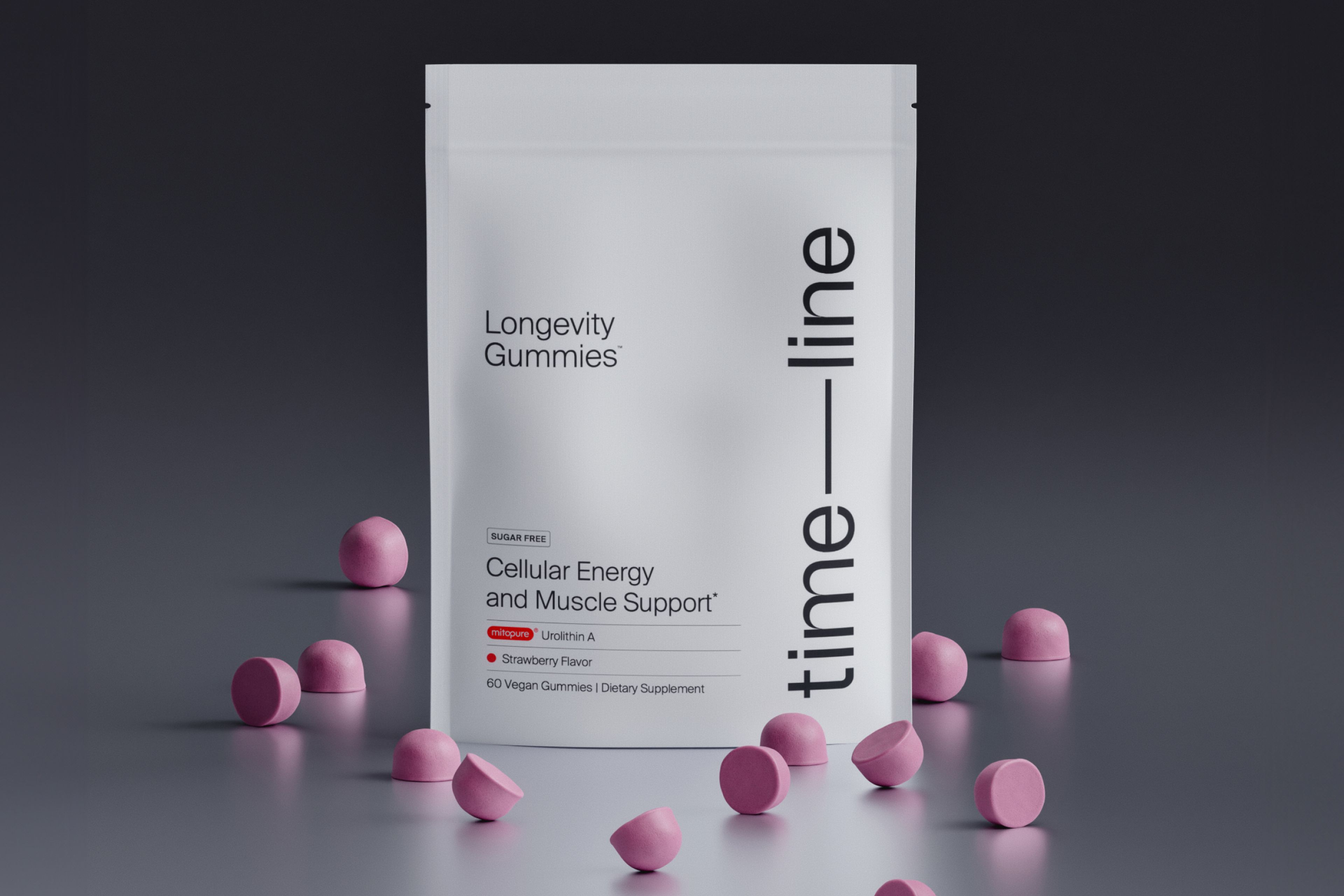
•
Nutrition•
First-of-Its-Kind Longevity Gummy Launched

•
Skincare•






